Maduro mocks failed US bid to impose its 'puppet' on Venezuela, vows justice
Venezuelan President Nicolas Maduro has decried US attempts to impose a “puppet” on his country, insisting that he has emerged victorious in face of such plots and continues to remain in power.
Addressing his supporters at an event on Sunday held to commemorate the anniversary of the end of the military dictatorship in 1958, the Venezuelan leader said the White House intended to replace him with their “puppet”, an oblique reference to the West-backed opposition leader Juan Guaido.
''There was a move intended to impose a puppet on Venezuela and I say three years later, where is Donald Trump's puppet,” asserted Maduro, referring to Guaido, who declared himself as the interim president of Venezuela in 2019 with the backing of the former US administration.
“We will show the world, people of Venezuela, on January 23, 2022 and we are standing here victorious and in political power,” he hastened to add.
Maduro referred to Guaido as a “puppet thief” and vowed to send him to prison, three years after the latter’s highly-publicized swearing-in ceremony as the interim president.
“Fair and constitutional justice often takes time, but it will come, it will come. Rest assured, the people of Venezuela that there will be justice here,” Maduro declared in his speech at the Miraflores presidential palace, noting that unpleasant political events of recent years in the Central American nation have brought “more awareness” to people.
RT mezinpsuv: RT @NicolasMaduro: Han sido 3 años de agresiones imperialistas, de daño para el pueblo; además, 3 años de una hermosa ¡Unidad, Lucha, Batalla y Victoria! Resistir y luchar es nuestro gran compromiso. ¡No detendrán la marcha de un pueblo con… pic.twitter.com/XbqBrPeNUX
— JICHAM ABOU ASSI A (@JICHEM_ABOU) January 24, 2022
Earlier this month, Venezuela’s National Assembly President Jorge Rodriguez rejected calls for dialogue with the US-backed opposition as long as Washington maintains pressure on Caracas, including the freeze on foreign assets.
“Enough with the hypocrisy of dialog! If you want talks, show respect. If you want talks, free Alex Saab. If you want talks, return our gold, which you stole,” Rodriguez remarked on January 5, referring to Colombian businessman Alex Saab, an ally of President Maduro who has been extradited to the US on money laundering charges.
Negotiations between the Venezuelan government and the Western-backed opposition came to a halt late last year after Saab was taken into custody and rendered to the US.
The negotiations, mediated by Norway and hosted by Mexico, were aimed at resolving the years-long crisis in the Latin American country. Rodriguez led the government delegation in Mexico.
Guaido, meanwhile, used the commemorative occasion on Sunday to call on his supporters to take part in “peaceful” marches against Maduro on February 12, as the country's vastly divided opposition gears up for the 2024 presidential elections.
Maduro’s government “fears the streets, fears organization of the base,” Guaido told journalists after the event held to mark the anniversary of the end of Venezuela’s military dictatorship.
The US-backed opposition faced a massive defeat in regional elections in November 2021.
“We are talking about organizing ourselves from now, we’re talking about a presidential election,” Guaido asserted, insisting that opposition parties must unite in order to prepare for the 2024 presidential vote.
Many US-allied western countries originally recognized Guaido as Venezuela’s president, but since the 2021 legislative elections, a number of Western countries as well as the European Union see him as an opposition figure.
The US has imposed several rounds of crippling economic sanctions on Venezuela aimed at ousting Maduro and replacing him with Guaidó.
The sanctions, which include the illegal confiscation of Venezuelan assets abroad and an economic blockade, have caused poverty, lack of access to basic goods, gasoline shortages, and power cuts.
Despite the US sanctions, Venezuela has, however, managed to double its oil production over the past months thanks to Iran's help in defiance of the sanctions against Caracas.
Iran’s own oil sales have been targeted by US sanctions since 2018 when a former administration in Washington unilaterally pulled out of an international agreement on Iran’s nuclear program and imposed sanctions on the country.
Both Iran and Venezuela have managed to withstand the economic pressures of the unprecedented sanctions while gradually finding ways to get round them.
Condemnations pour in after US bombing of Venezuela, kidnapping of Maduro
Gen. Soleimani represented resistance to interventionism in Global South: Analyst
‘Stronger resistance, declining US power’: IRGC marks Gen. Soleimani’s legacy
Harnessing one of world’s largest wind corridors in Iran
Iran denounces US strikes on Venezuela, urges UNSC to stop aggression
UN rights chief urges halt to Israeli plan to legalize execution of Palestinians
Trump claims Venezuelan President Maduro kidnapped, flown out of country
Iran says US assassination of Gen. Soleimani was a cowardly act of terrorism


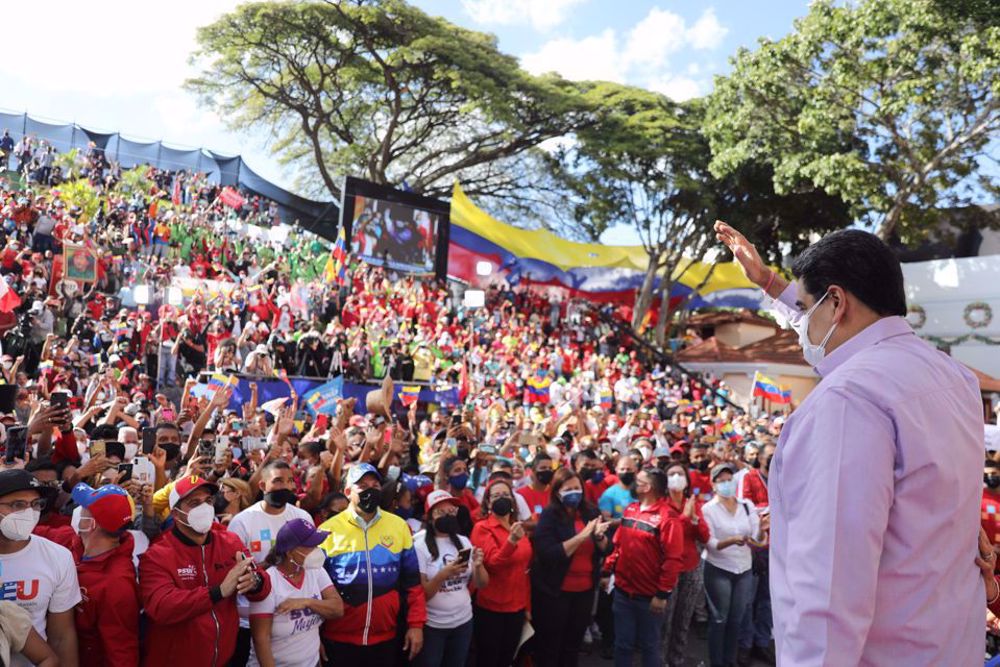
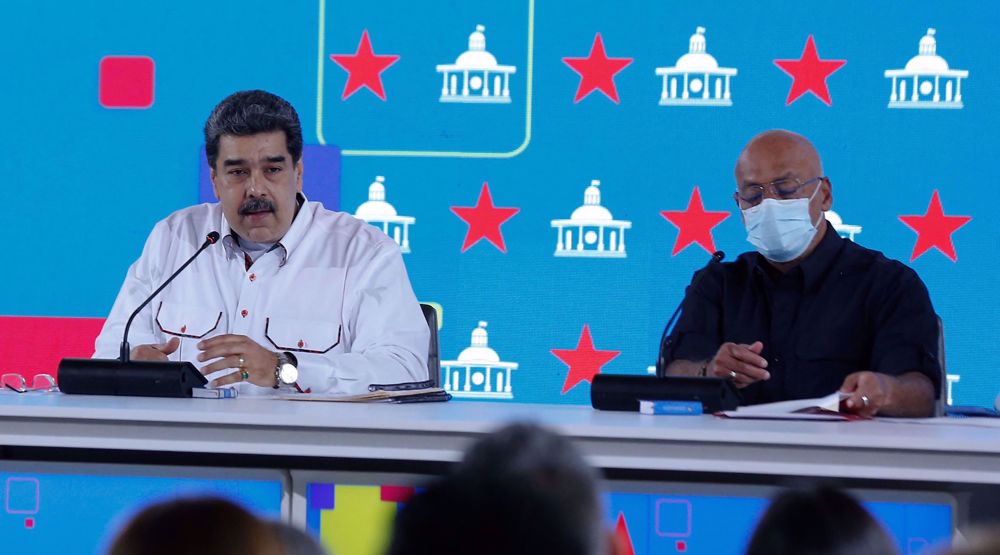
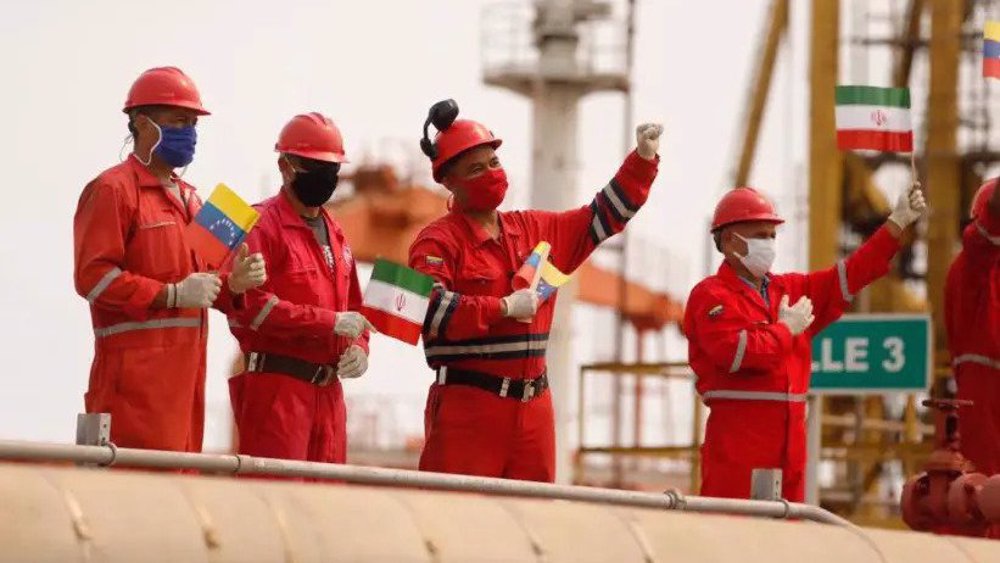
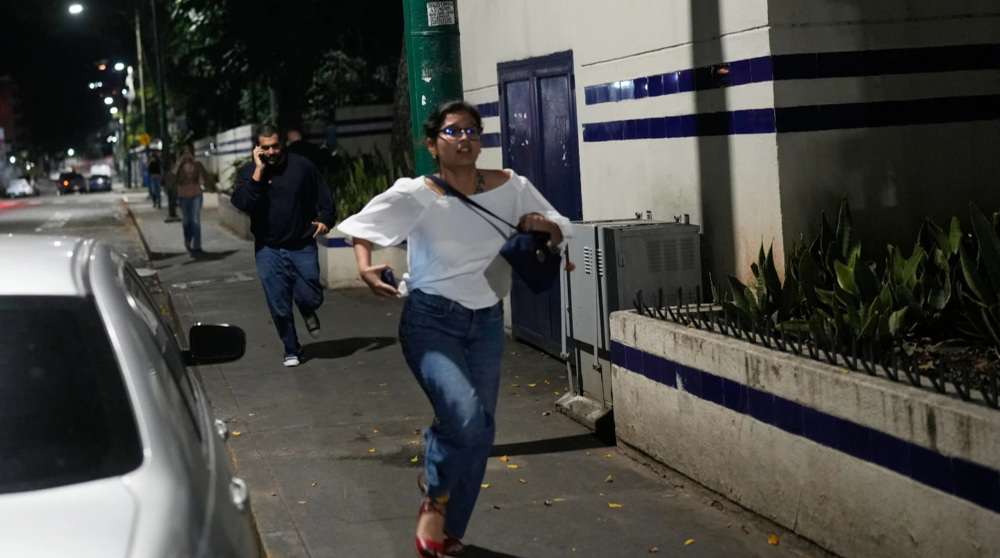
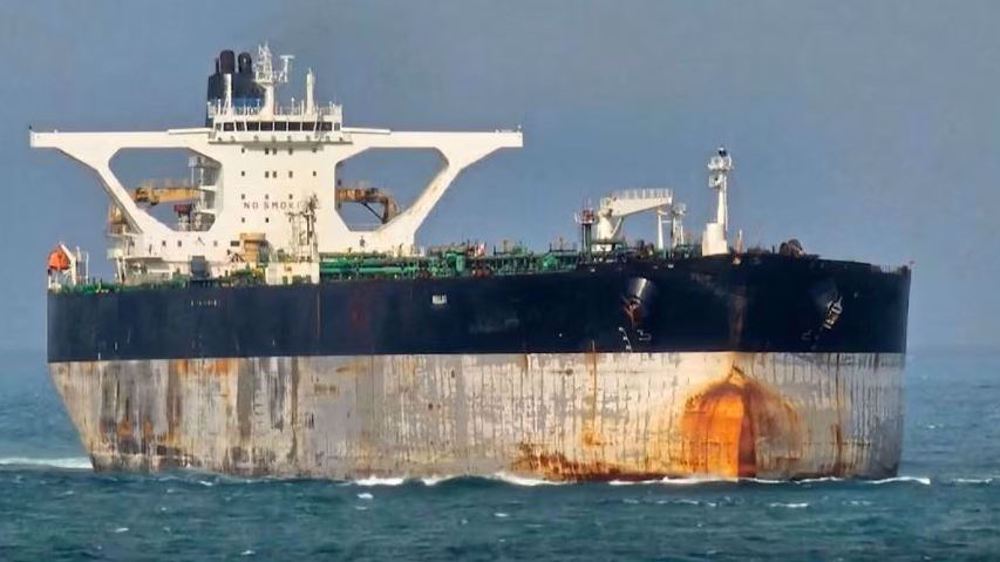




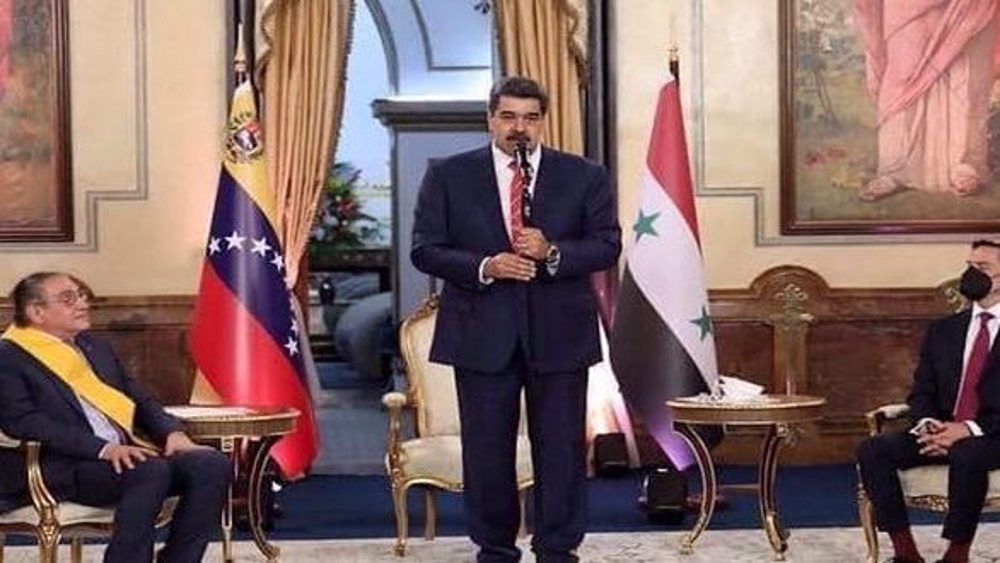
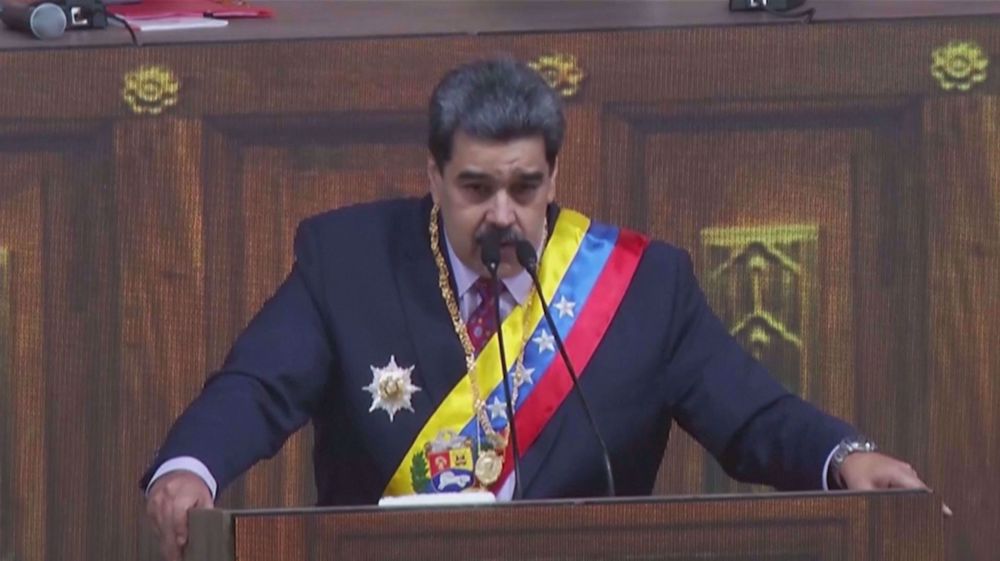
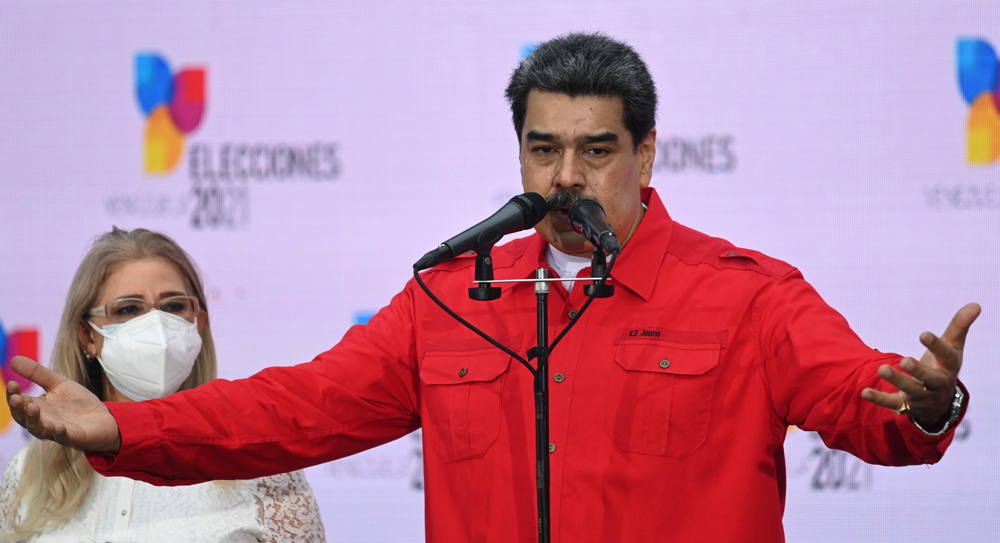
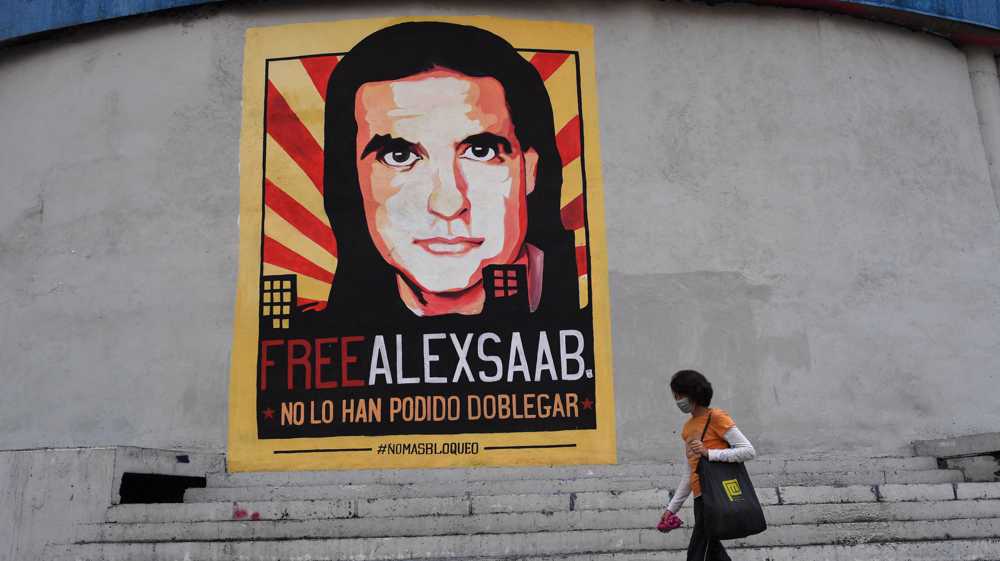

 This makes it easy to access the Press TV website
This makes it easy to access the Press TV website